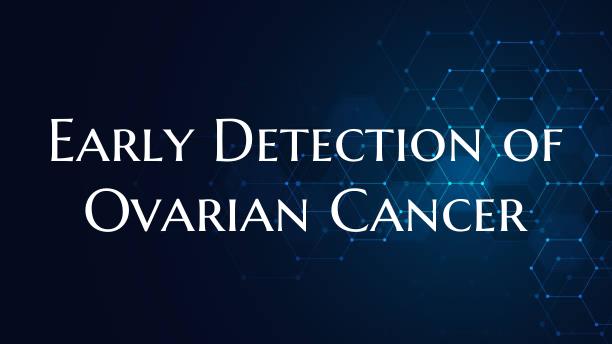
Early Detection of Ovarian Cancer
Ovarian cancer is often called the "silent killer" because its symptoms can be subtle and easily overlooked in the early stages. Detecting ovarian cancer at an early stage is crucial for successful treatment and improved outcomes. However, due to the lack of specific symptoms and effective screening tests, ovarian cancer is often diagnosed at an advanced stage when treatment options are limited.
There is ongoing research to develop reliable screening methods for the early detection of ovarian cancer. One promising approach is the use of blood tests to detect biomarkers associated with ovarian cancer, such as CA-125 and HE4. These biomarkers can indicate the presence of ovarian cancer even before symptoms develop, allowing for earlier intervention.
Transvaginal ultrasound is another imaging technique that is being studied for its potential in detecting ovarian cancer at an early stage. This imaging method can visualize the ovaries and identify any abnormal growths or cysts that may be indicative of cancer.
It is important for women to be aware of the risk factors associated with ovarian cancer, such as a family history of the disease, presence of certain gene mutations like BRCA1 and BRCA2, and age. Women with an increased risk should consult with their healthcare providers about regular screenings and preventive measures to detect ovarian cancer early.
In conclusion, early detection of ovarian cancer is challenging but essential for improving outcomes and increasing survival rates. Research into new screening methods and increased awareness of risk factors can help in the early diagnosis of this potentially deadly disease. It is crucial for women to be proactive about their health and seek regular screenings to detect ovarian cancer at its earliest, most treatable stage.